Farming charity R.A.B.I is once again releasing money from its Crisis Fund to provide emergency grants to farming families via its Helpline – 0808 281 9490.
Following the last two weekends of heavy storms and with more rainfall forecast, R.A.B.I has released an initial £50k to provide emergency payments to those affected by the impacts of the extreme weather across England and Wales.
Alicia Chivers, R.A.B.I CEO, said: “Having already provided around £75k of emergency grant support to those affected by extreme wet weather this autumn / winter, we know how devastating the impacts are for farmers in both the immediate and longer-term. Simplifying our criteria and application process means we can fast-track immediate assistance to affected farmers.
“These funds, whilst a relatively small element of the help we expect to provide over the
longer-term to those affected, can make a real difference dealing with urgent priorities – and help to alleviate pressing financial worries, allowing farmers to concentrate on dealing with the immediate impacts of the extreme weather.
“R.A.B.I understands that the effects of severe weather are both financial and emotional. We will be here to provide support for as long as it is needed by our community. We will also continue to work closely with partner charities and other farming organisations to make sure help is available, both now and on an enduring basis.”
The Royal Agricultural Benevolent Institution (R.A.B.I) is the agricultural sector’s oldest and largest charity, offering support, practical care and guidance to farming people of all ages.
To apply for assistance, call R.A.B.I’s confidential Freephone Helpline 0808 281 9490.



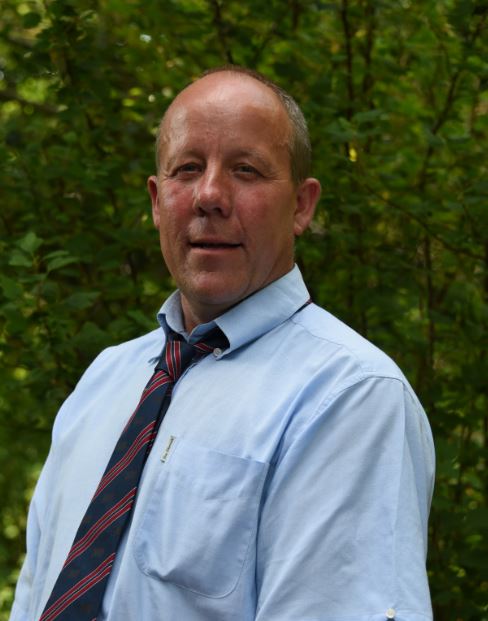 Farmers are being urged to remember the hedge cutting regulations which are in place as part of cross compliance to avoid a penalty on their BPS payment.
Farmers are being urged to remember the hedge cutting regulations which are in place as part of cross compliance to avoid a penalty on their BPS payment.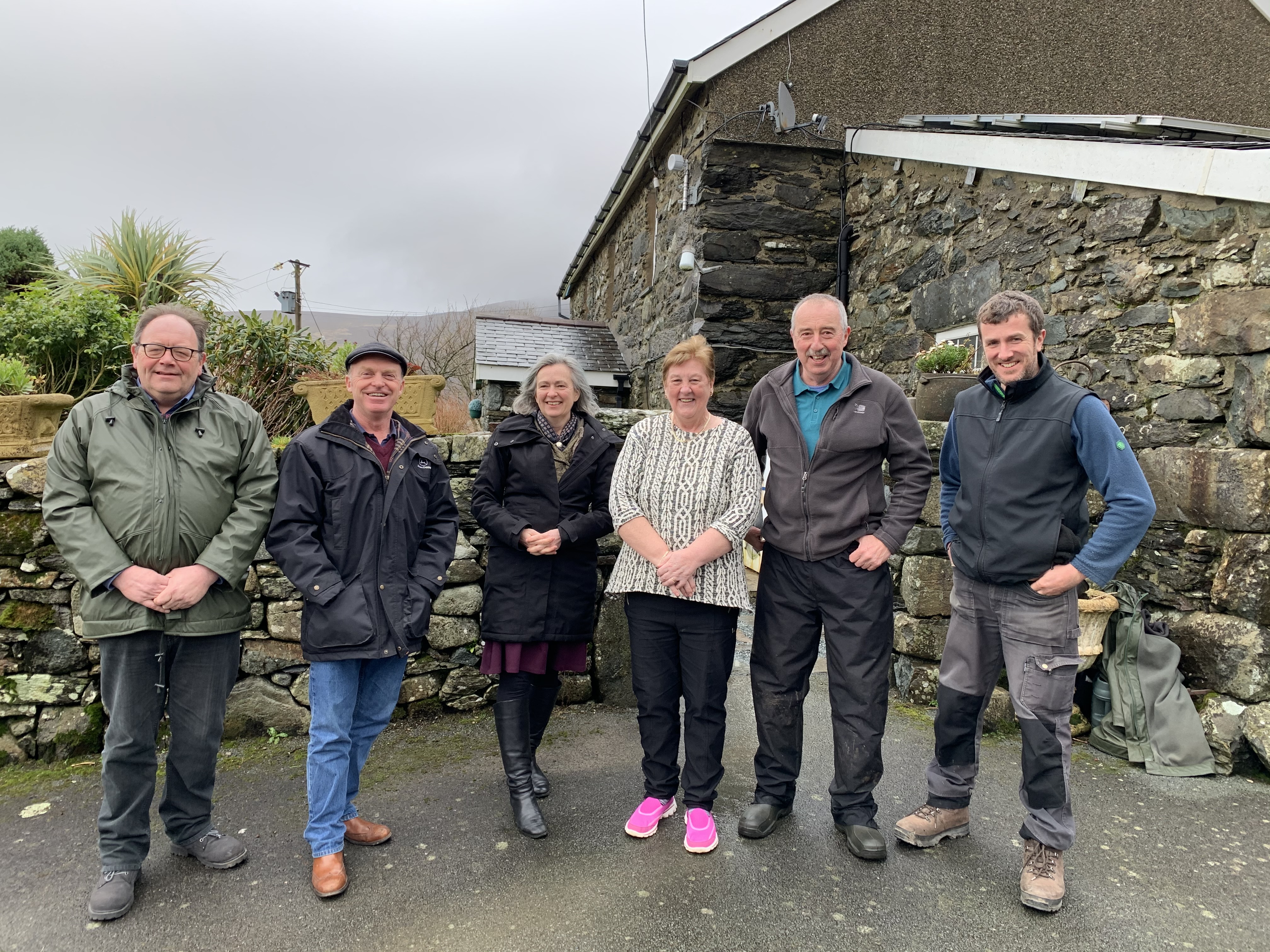 A farming family from the the Cwm Nantcol valley in Meirionnydd has spoken out about their concerns for the future of agriculture, when they met with Meirion Dwyfor MP Liz Saville Roberts.
A farming family from the the Cwm Nantcol valley in Meirionnydd has spoken out about their concerns for the future of agriculture, when they met with Meirion Dwyfor MP Liz Saville Roberts.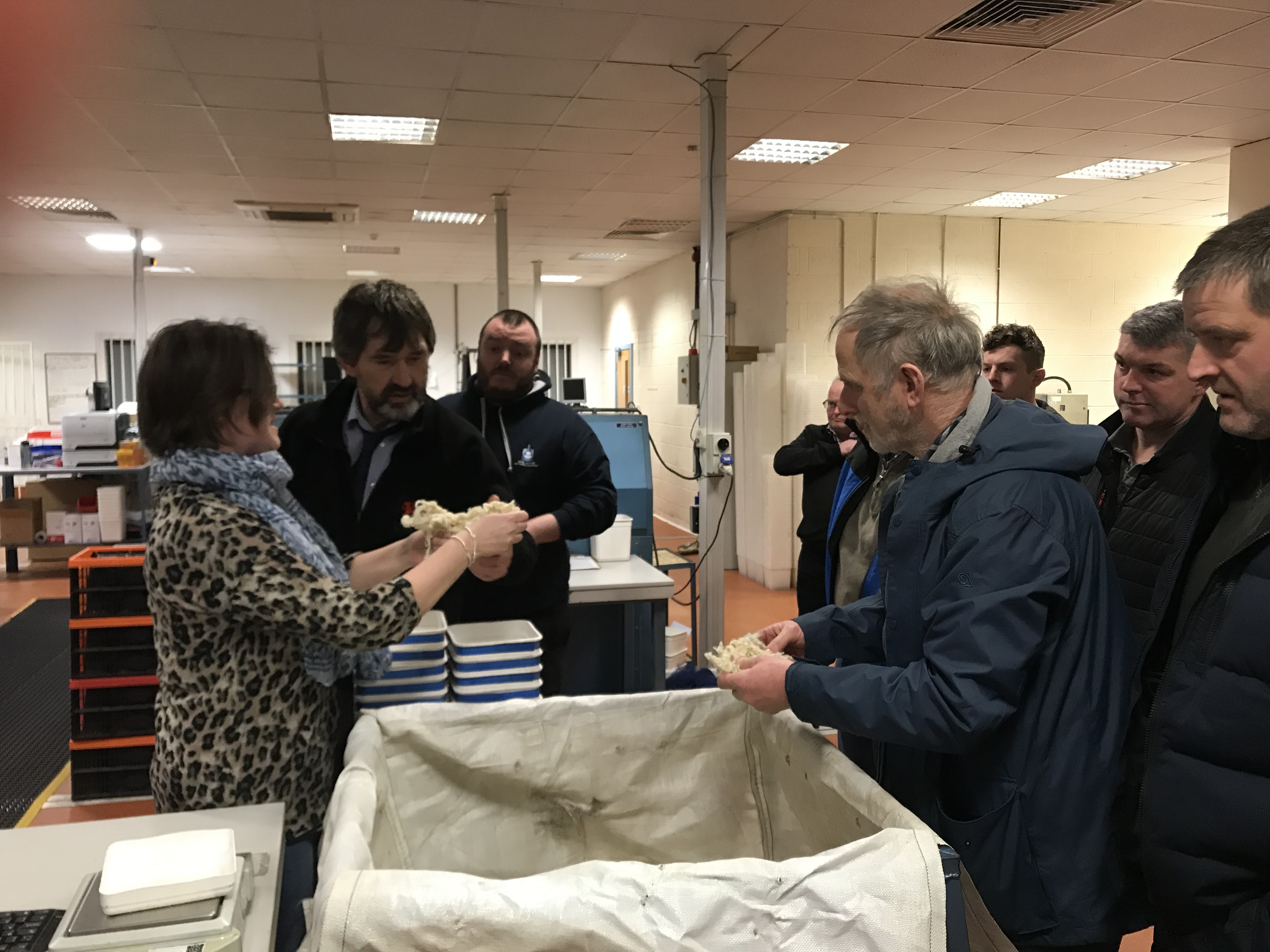 Farmers from Caernarfonshire got an insight into how wool is tested and analysed for quality, when they visited the Wool Testing Authority Europe Ltd. laboratory in Caernarfon. The company operates from the Cibyn Industrial Estate in Caernarfon, and tests wool from producers across Europe.
Farmers from Caernarfonshire got an insight into how wool is tested and analysed for quality, when they visited the Wool Testing Authority Europe Ltd. laboratory in Caernarfon. The company operates from the Cibyn Industrial Estate in Caernarfon, and tests wool from producers across Europe.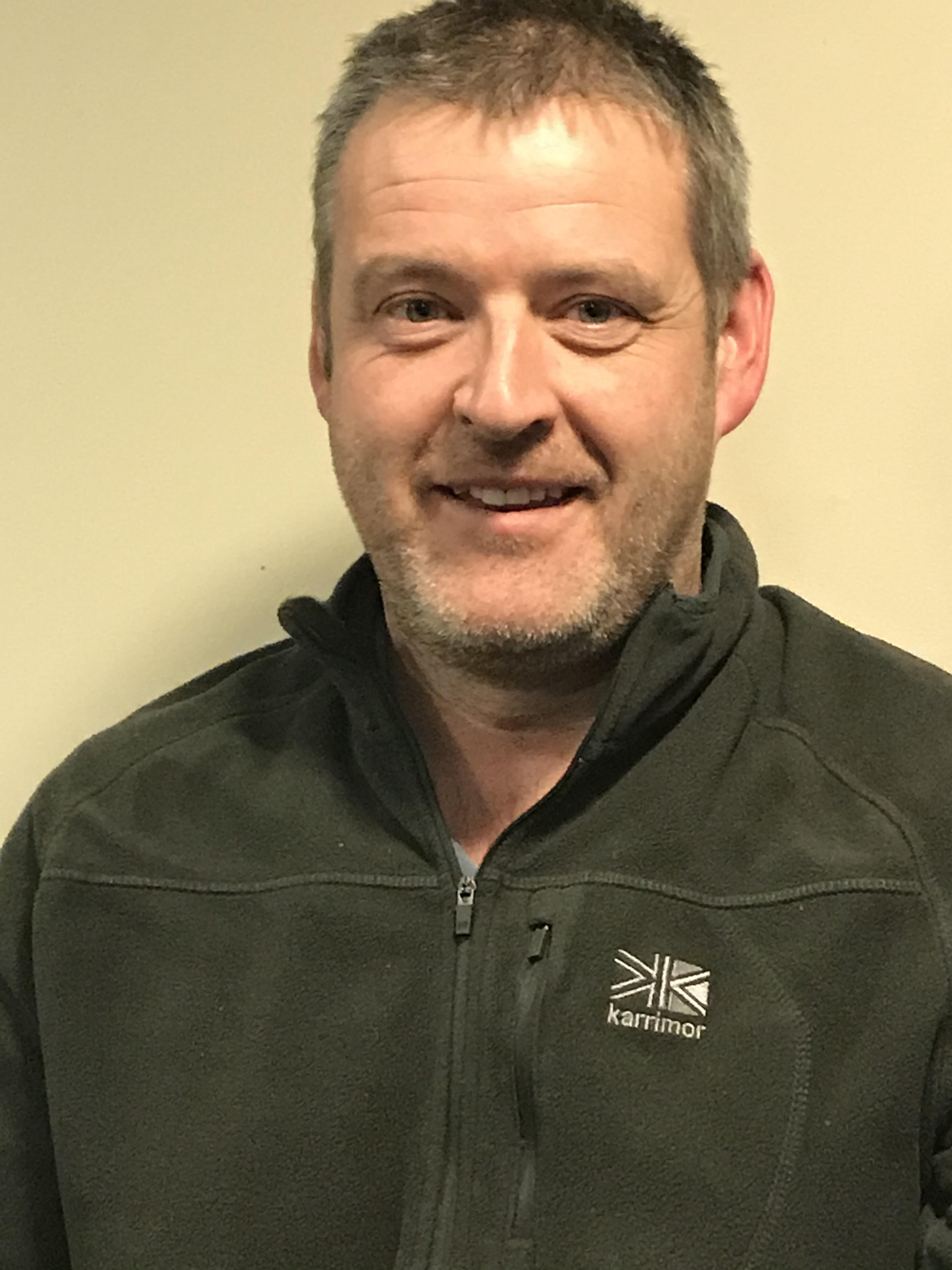 Farmers in Caernarfonshire have been urged not to join the long list of fatality statistics, and make their safety on farm a priority.
Farmers in Caernarfonshire have been urged not to join the long list of fatality statistics, and make their safety on farm a priority.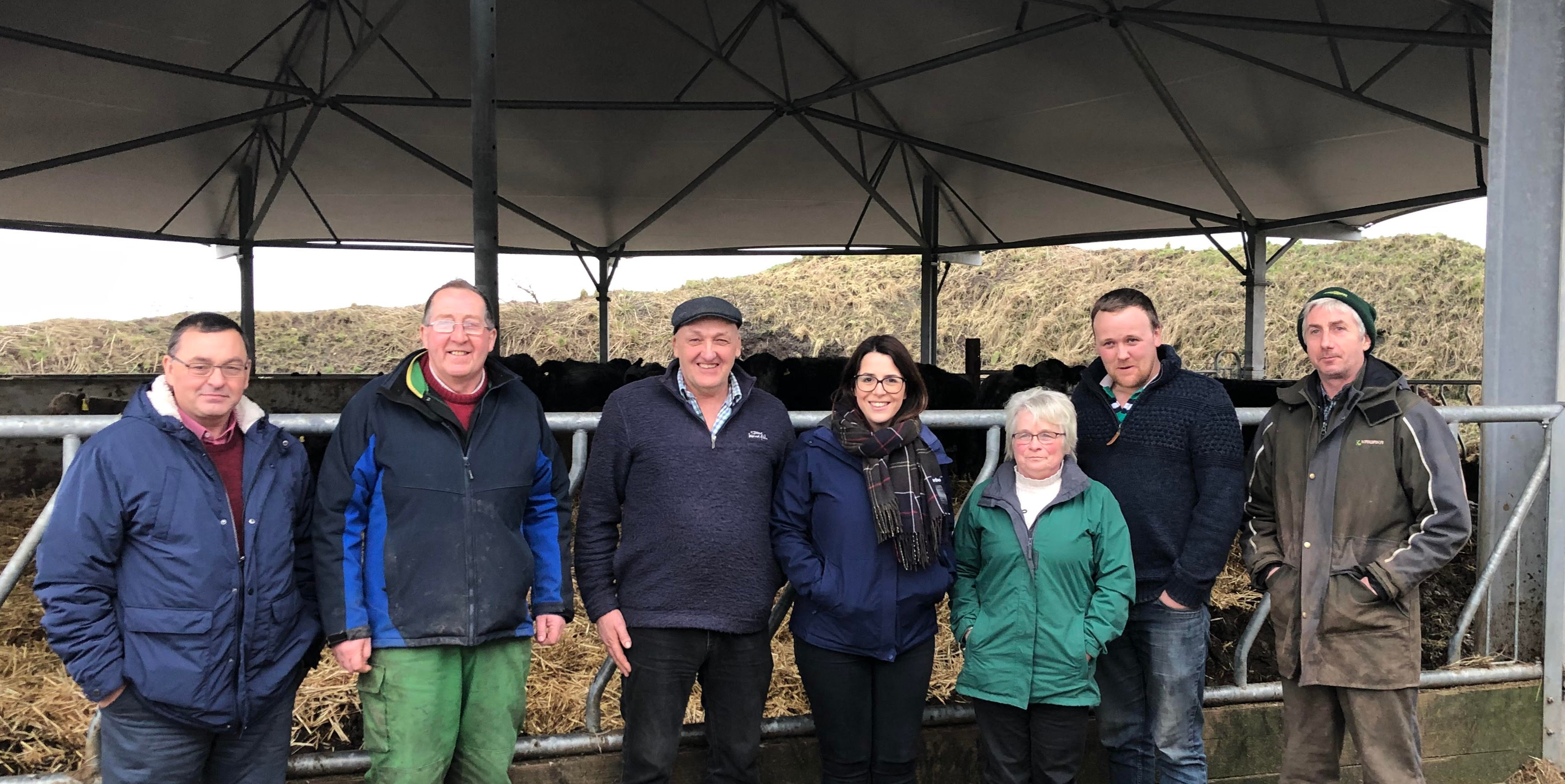 Farmers from Brecon and Radnor have highlighted their concerns about the future of farming during a recent farm visit in South East Wales.
Farmers from Brecon and Radnor have highlighted their concerns about the future of farming during a recent farm visit in South East Wales.